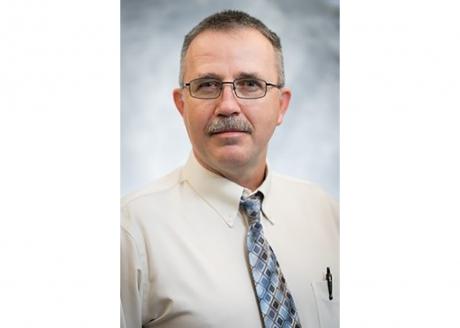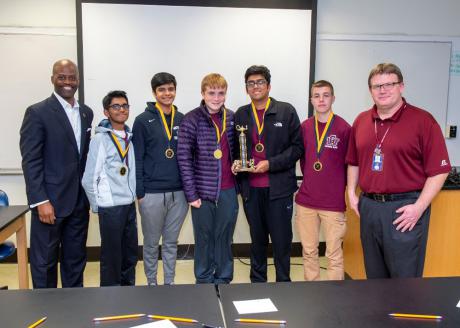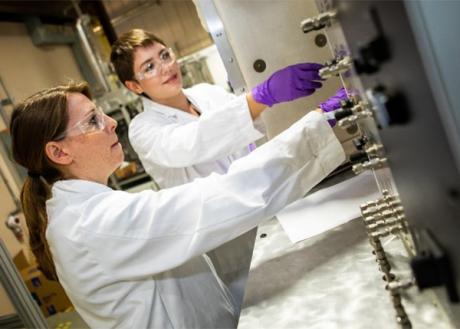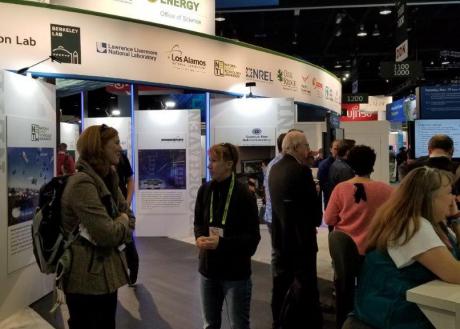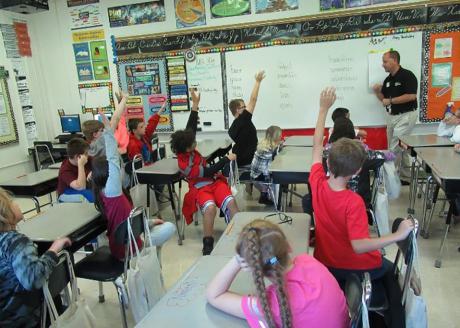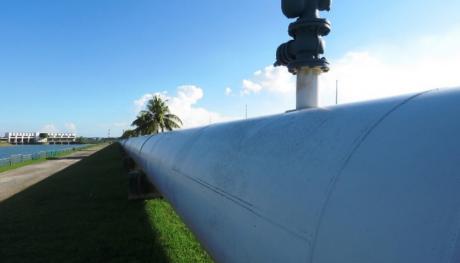During his career with NETL, U.S. Army veteran Jimmy Thornton has worked tirelessly to advance new technology development for Fossil Energy (FE), and that remains true today with current efforts to investigate uses for artificial intelligence (AI) and machine learning (ML) for FE technology development.
Born in Kentucky and growing up in Campbells Creek, Thornton joined the U.S. Army at the encouragement of his high school baseball coach who was an Army Reserve drill instructor. Trained as an infantryman and entering service in early 1983, Thornton was stationed in Germany, where he completed French Commando School in Givet, France.
Leaving active service in 1987, Thornton joined the Kentucky National Guard while studying at Eastern Kentucky University, and he later transferred to the West Virginia National Guard after accepting a professional internship with the U.S. Department of Energy (DOE) in Morgantown in 1988. Commissioned as an officer in 1992, he served with the 201st Field Artillery and was deployed to Iraq in 2004 during Operation Iraqi Freedom.
About
News and Events
Research and Programs
Carbon Management Point Source Carbon Capture Carbon Dioxide Removal Carbon Dioxide Conversion Carbon Transport & Storage Hydrogen with Carbon Management
Resource Sustainability Methane Mitigation Technologies Minerals Sustainability Natural Gas Decarbonization and Hydrogen Technologies Advanced Remediation Technologies Energy Asset Transformation
Key Lab Initiatives Advanced Alloys Signature Center (AASC) Science-based Artificial Intelligence and Machine Learning Institute (SAMI) Center for Microwave Chemistry (CMC) Center for Sustainable Fuels and Chemicals (CSFC)
Energy Technology Development Office of Energy Efficiency and Renewable Energy Battery Workforce Initiative Cybersecurity, Energy Security, and Emergency Response Office of ElectricityGrid Resilience
Business
Library
Explore our Library

Approved Categorical Exclusions Environmental Assessments Environmental Impact Statements Oil and Gas Projects Summaries NETL Fact Sheets NETL Newsletters Publication Search Energy Data Exchange (EDX) FECM External R&D Final Technical Reports Summary Information for External R&D Awards Technical Reports Series (TRS) Peer Review Reports Interagency Working Group Initial Report
- Research and Programs
- Carbon Management
- Core Competencies
- Resource Sustainability
- University Training & Research
- Key Lab Initiatives
- Energy Technology Development
- Featured Infrastructure
- Methane Emissions Reduction Program
-
- Business
- Technology Transfer
-
- Library
- Energy Analysis
-
- About
- News and Events
- Education




